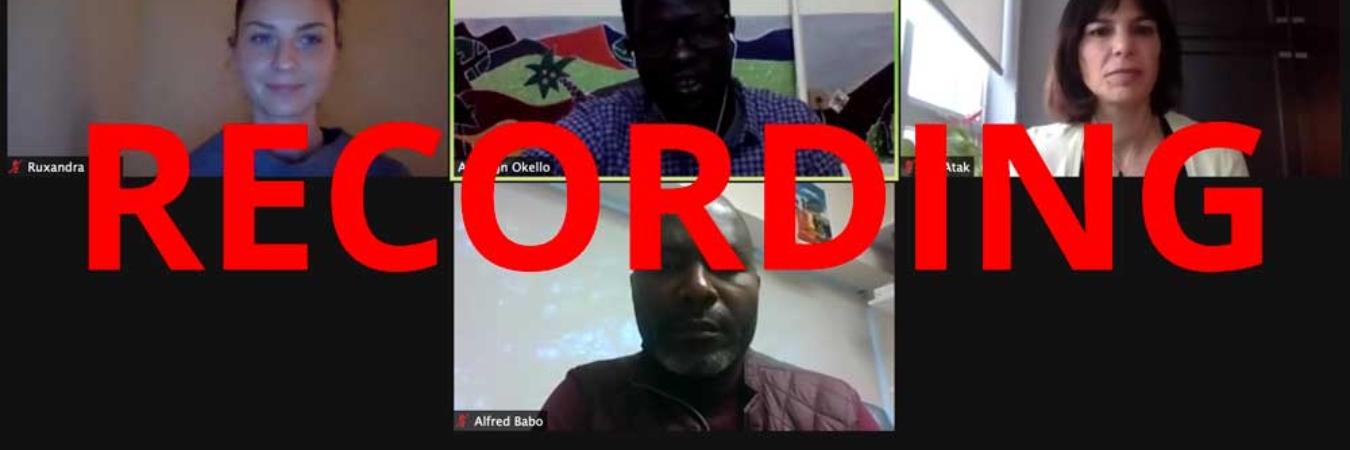
Recording Now Available on ‘The critical role of ethics in forced migration research’
Access the video and audio recordings of the UNHCR, IASFM, PHAP, GAIN webinar that took place on 10 December.
On 10 December, the United Nations High Commissioner for Refugees (UNHCR), International Association for the Study of Forced Migration (IASFM), PHAP, and the Global Academic Interdisciplinary Network (GAIN) organized a webinar in which we discussed the particular ethical challenges faced in researching situations of forced migration, how these relate to the application in practice of the principle of “Do No Harm”, and the IASFM Code of Ethics. You can now access the video and audio podcast format recordings of this event.
With over 600 attendees who participated in the online event, the session started with introductory remarks from Geoff Gilbert, Professor of International Human Rights & Humanitarian Law, School of Law and Human Rights Centre, University of Essex and Chair of GAIN of the Global Compact on Refugees, who provided key insights into the ethical issues faced when researching forced migration. He asserted the need for researchers to seek informed consent from refugees, to see refugees as co-researchers, and normalize joint-authorship of research output.
Idil Atak, the IASFM Secretary and Associate Professor, Department of Criminology, Ryerson University, spoke on the development of the IASFM code and briefed participants on how the IASFM can use its membership and workshops internationally to disseminate further the code of ethics in several languages.
Abulogn Okello, a refugee living in Dadaab and a Master student with the Borderless Higher Education for Refugees (BHER), York University, spoke on some of the ethical practices he was following for the field research for his Master thesis around issues of trust, confidentiality of participants' contribution and identities, and language barriers between researcher and refugees.
Speaking on the use of the principle of “Do No Harm” in forced migration research, Alfred Babo, Assistant Professor of Sociology & Anthropology, Fairfield University emphasised that Do No Harm should be applied during research in the field or in refugee camps, but also when treating the research data and drafting the outputs. He highlighted the importance of making sure to involve the refugees throughout all the stages of the research process.
Ruxandra Bujor, Camp Coordination and Camp Management (CCCM) Cluster Coordinator in Yemen, spoke on the “gatekeeper” role as included in the IASFM Code of Ethics – actors that serve as an interface between researchers and displaced, including certain humanitarian agencies. While she pointed out that the term “gatekeeper” may provoke different and sometimes negative reactions, the role itself was an important one for humanitarian actors to help strengthen connections between humanitarian actors and academia. As camp managers in particular have an ongoing engagement with displaced people, the IASFM code of ethics could be directly applicable in their work, and they are also well placed to work with researchers to ensure they follow the principle of Do No Harm and partnership.
If you missed this event, you can now find the video and audio recordings of the session on the event page.
Access recording